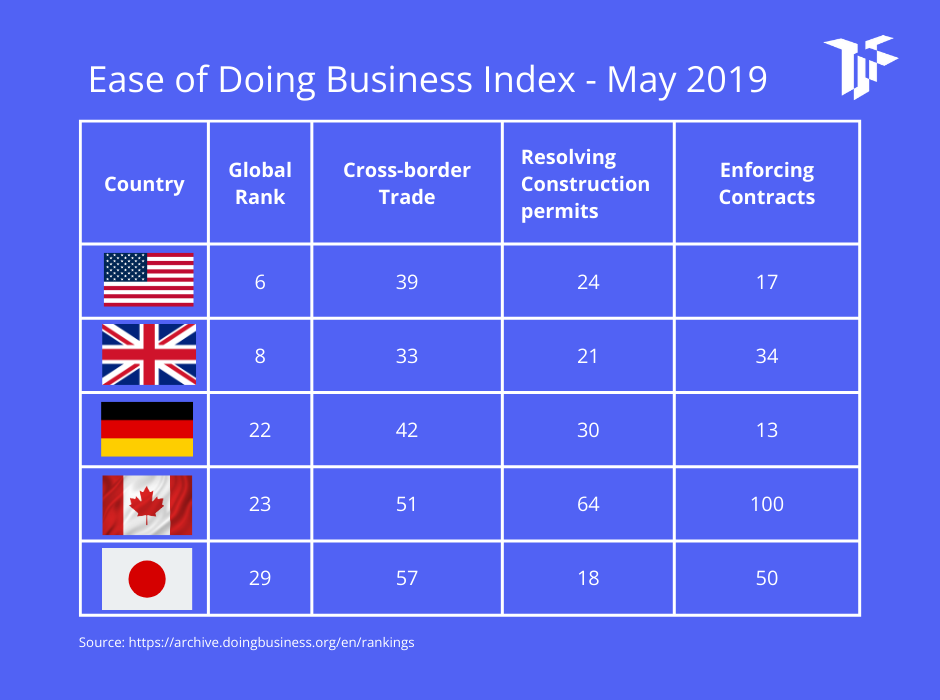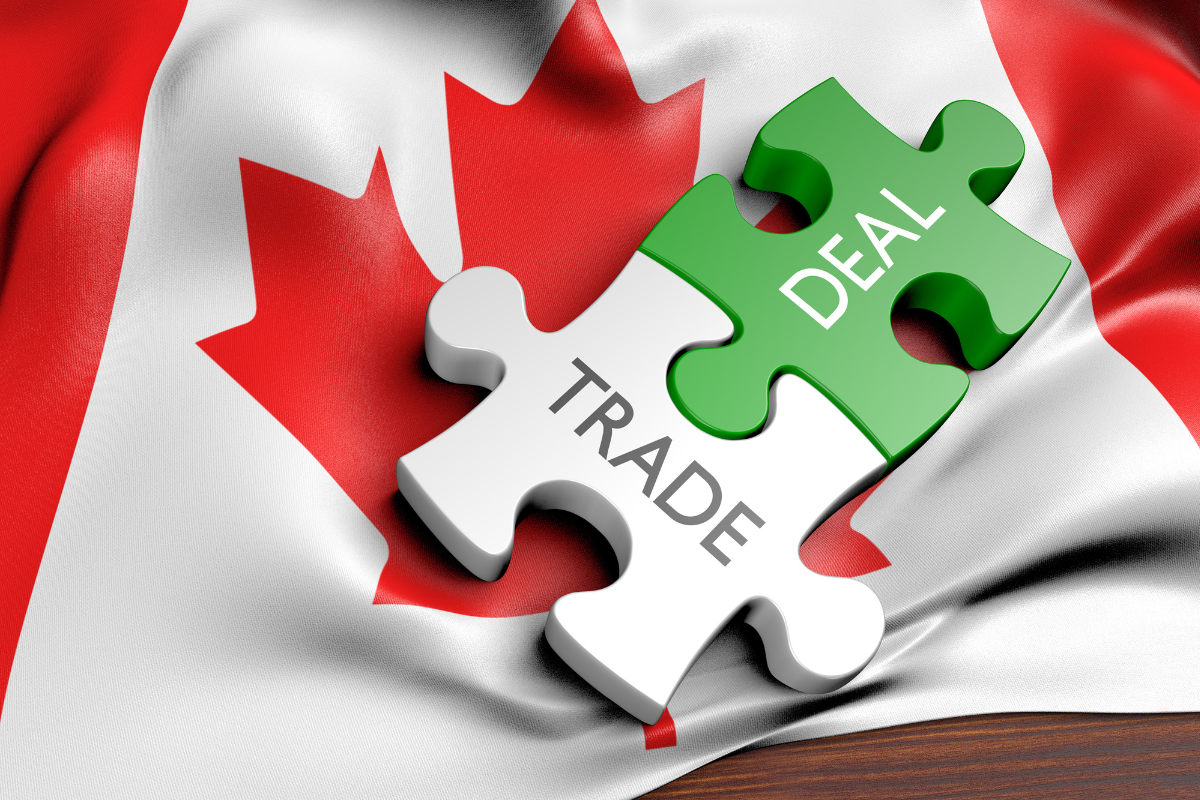
Over the past several weeks, our relationship with the United States has rapidly begun to shift. President Trump’s recent tariff threats have served as a critical wake-up call for Canadians about our economy.
This moment underscores an essential truth we need to confront: the time for complacency when it comes to Canada’s economic future is over. We need bold, proactive ideas to shift us into high gear. Our lagging productivity is not the result of one single issue, but a myriad of challenges that have been left unattended for too long, by the government and the private sector.
We’re working hard, but not smart. If we’re going to address this problem, we’ll need the public and private sectors to work together to reinvigorate Canada’s economic engine – the Toronto region. In our new policy paper, Complacency to Competitiveness: A Blueprint for Canada’s Economic Future, the Board puts forward a series of recommendations for business and government to immediately act upon.
There is no silver bullet for improving productivity – it’s a complex web of intersecting issues which each require strategic approaches to address. Through conversations with our members and our own research, we’ve identified the main contributors to our lagging productivity. These are barriers to growth that can be addressed by governments right away.
Excessive red tape is one major barrier. A labyrinth of bureaucratic hurdles makes it difficult for businesses to expand, trade internationally, or even get crucial infrastructure projects off the ground. It’s no wonder that Canada has fallen from 4th in World Bank’s Ease of Doing Business ranking in 2006 to 23rd in 2020.

Compounding this is an outdated federal tax system that doesn’t incent risk taking and innovation. At an estimated combined corporate tax rate of 26.2 percent, Canada ranks 26th out of the 38 countries assessed by the Tax Foundation. On individual income taxes, we rank 31st. If our tax rates don't incentivize business growth and investment, companies and entrepreneurs will choose to bypass Canada entirely.
The Board's policy paper charts a course that focuses on three pivotal areas:
- Creating the conditions for productivity and growth,
- Competing in the 21st century economy, and;
- Nation building for the future.
First, government can reduce red tape through a comprehensive overhaul of regulatory processes. By streamlining procedures, eliminating duplication, and lowering costs, government can help businesses operate more efficiently and focus on growth.
Second, reform the federal tax system to encourage investments in technology, infrastructure, and innovative ventures—allowing Canada to remain competitive on a global scale.
In tandem with these policy reforms, there’s a pressing need for businesses to diversify their export markets. While the United States has been a cornerstone of our economic activity, Canadian businesses need to build and strengthen trade relationships with other G7 partners and emerging markets to buffer against future shocks. We are the only G7 nation with trade agreements with all other G7 partners.
Finally, and most importantly, we need a return to strong nation building policies and practices.
For government, this means enhanced immigration policies to attract skilled labor, substantial investments in infrastructure to improve quality of life, and eliminating interprovincial trade barriers.
For businesses, this means investing in their workforce to upskill employees for the future and taking risks to grow, scale, and adopt emerging technologies in their day-to-day operations. All these actions occurring in unison will serve as the backbone of a more unified and dynamic economy.
In every step, the collaboration between business and government remains central, ensuring that reforms and actions are both practical and impactful. By uniting business innovation with decisive policy and action, we can get ourselves back on track to build a nation prepared for whatever the future holds.



